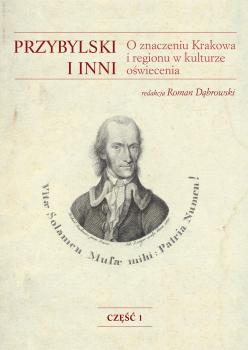Udzielnego książątka zmagania z Uniwersytetem: (o Stanisławie Wodzickim 1764-1843)
Streszczenie
A PRINCE’S STRUGGLE WITH THE UNIVERSITY (ON STANISŁAW WODZICKI, 1764-1843)
The article presents the figure of Stanisław Wodzicki (1768-1843), one of the most prominent people in the political arena of Krakow in the early nineteenth century. During his presidency of the Senate of the Free City of Krakow, in 1820, a dispute arose between the Senate and the Jagiellonian University and its then rector, Walenty Litwinski. The source of the conflict was the case of Wądrzyński, a student accused of stealing money and riots caused by this fact in the city. At that time, a student demonstration started in the Błonia commons, and set out to destroy the apartment of an official of the Krakow police. The matter was additionally complicated by student associations of Krakow. For the countries of the Holy Alliance, such unions, explicit or conspiratorial, were perceived as a threat to the pan-European order, and their activity in Kraków was a reason to intervene. As a result of these events, the autonomy of the University was limited and transformed according to the model of Austrian academic institutions. Wodzicki, as the president of the Senate, was in charge of diplomatic correspondence with the representatives of the partitioning powers, in which Krakow’s events were described in detail. For some researchers, his correspondence and a number of decisions that he took then bear the mark of national treason, for others they are an effect of the then-imposed situation and unnecessarily publicized Krakow inidents. In the network of clashing reasons, views and political games, Wodzicki’s attitude still seems to be controversial and difficult to assess.





